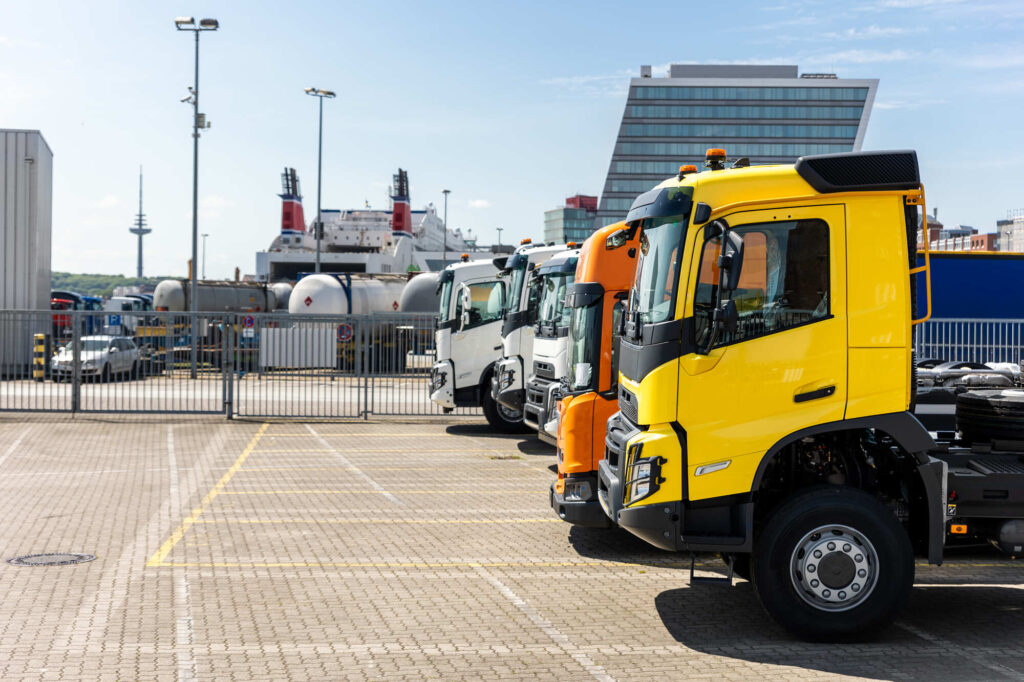When it comes to carrying goods across European borders, a CMR insurance policy is essential. The special insurance policy is in tune with the CMR (Convention on the Contract for the International Carriage of Goods by Road) Convention that has already been ratified by 55 European nations. The historic convention was adopted by the United Nations Economic Commission for Europe in 1956 in Geneva & was brought under the purview of the UK law by the 1965 Carriage of Goods by Road Act.
What is CMR insurance?
Simply put, CMR insurance is a specific insurance cover that enables couriers and hauliers to carry cargo legally within European nations. The coverage ensures that the involved cargo carriers comply with the CMR convention. It must be noted here that CMR insurance applies to the delivery of cargo by driven vehicles.
The CMR insurance would apply when-
- The carriage of cargo would be by road & the cargo would be on the road wheels all through the transit period.
- The carriage of goods is for reward or for hire
- The transit is between a minimum of two nations, and one of them is a signatory of the CMR convention.
Where does it not apply?
The CMR insurance would not apply for:
- Furniture removals
- Funeral consignments
- Personal goods
- Sending post
- Movements between the UK, The Isle of Man, the Republic of Ireland & Channel Islands.
CMR Note
The CMR Note is an important part of the said insurance policy. There would be four copies of the note. One would be with the trader, the other with the carrier, the 3rd would travel with merchandise & the last one is the important administration copy. The carrier would be held liable for damage, delay or loss of consignment until it’s delivered, whilst the trader would be accountable for damage or loss the carrier faces given incorrect details in the CMR note. The major points in a CMR note would be:
- Place & date of completion of CMR note
- Name & address of the sender, carrier & consignee.
- Description of merchandise & packing method- which must be agreed upon by both consignor & consignee.
- Weight of the merchandise.
- Additional charges like carriage charges or customs duties
- Directions for customs & other formalities (if any), such as prior information for dangerous goods
Is it the same as Goods In Transit Insurance?
This is a very common question among transporters carrying goods between European nations. Now, it can be said that CMR insurance is somewhat similar to Goods In Transit Insurance, but there is a fine difference between them. The similar bit is that both of them offer coverage for damage and theft of cargo being transported.
Who would need it & your liability
Well, you would be advised to take CMR insurance if you have to carry cargo within Europe. The insurance would be concluded within one month to a year. The very object of this special insurance policy is to address the liability of transporters involved in the transit of goods. Article 17 and Article 23 of the CMR convention have discussed the liability of the transporter regarding the transport of merchandise, and the insurance policy would cover any issue here.
According to Article 17, the insurance would apply if the transporter seems liable for partial or total loss/damage of goods between the receipt & release of merchandise. It would also apply if you are accountable for delay in the delivery of goods. As per Article 23, your liability would include compensation for partial or total loss/damage of goods, and the compensation would be calculated as per the cargo’s value at the very time & place of its receipt for transportation. The cargo’s value would be determined on the grounds of the Stock Exchange Course or based on the current market price or the usual value of similar goods sharing similar types & quality. The compensation value would be within 8.33 accounts unit (DST)/kg of the missing gross weight. Lately, the limit here has shown to vary between 6,000 -8,000 pounds per tonne.
Why take CMR insurance?
Carriers & hauliers need CMR insurance for their own benefit. Transporting cargo on the road is a complex process & does carry risks of damage, loss, or theft of goods. If you have to face any such unfortunate circumstance as a carrier, you have to bear the burden, which could be a heavy blow in monetary compensation. Besides, although the CMR convention relieves the carriers or hauliers from the liability of compensation if there is damage or loss of goods due to unavoidable circumstances, it’s not always easy to prove that the consequences were unavoidable for you. The topic has been under strong debate for years now, and if you look at the reports, most of the time, carriers upholding the said defence have failed to prove their point in court. The CMR insurance here will assure you the desired peace of mind by ensuring that you have the necessary backup to compensate for possible mishaps on the way.
There are several CMR insurance companies around, but you must make sure to carry out a comparative study before choosing the final one for you. The one you take to should be a highly reputed name in the market, backed by a long list of satisfied clientele.
